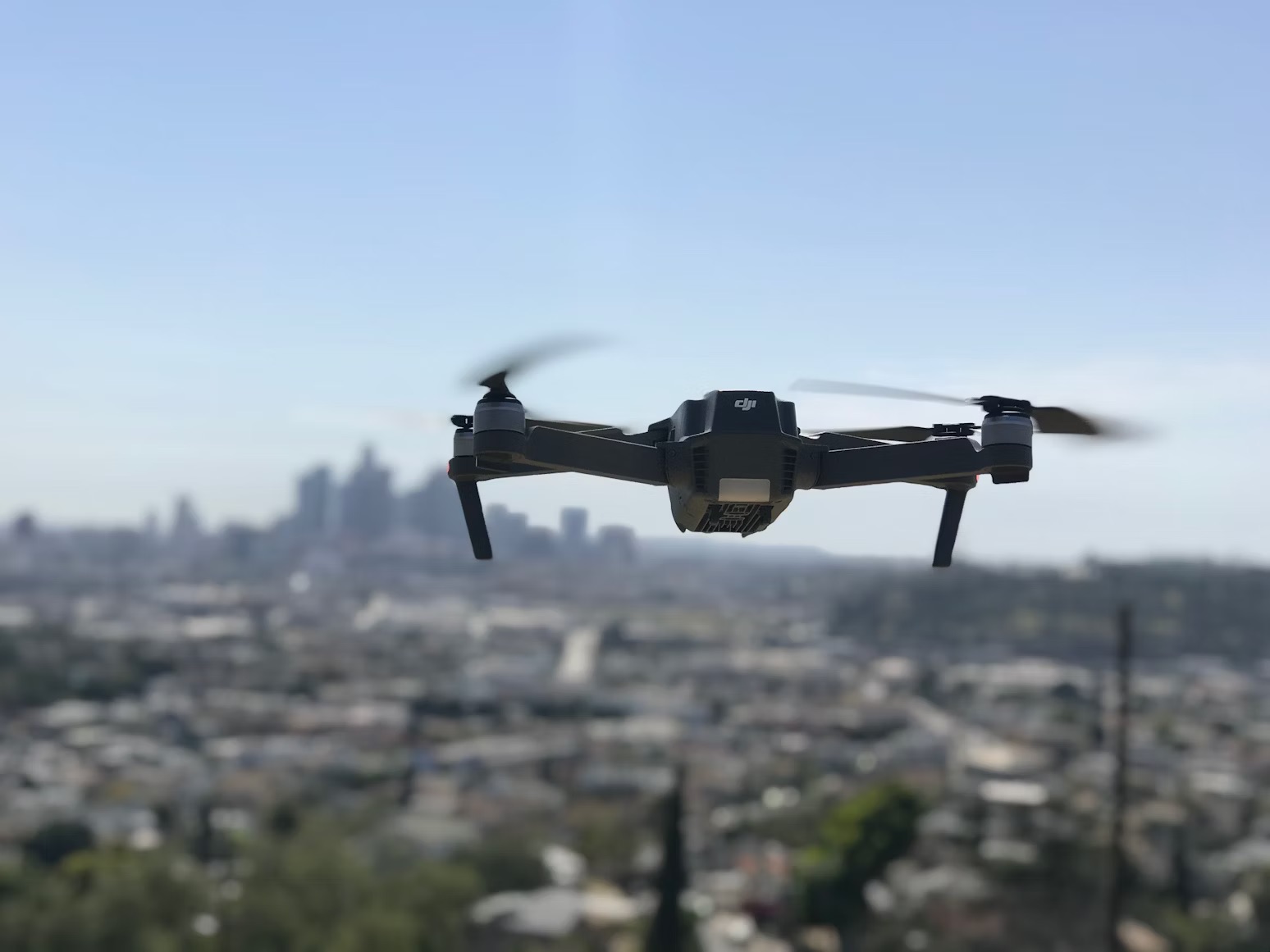
Uber will test using drones for Uber Eats deliveries in some U.S. markets by the end of this year, a move made possible through a new partnership with Israeli startup Flytrex. As part of the deal, Uber will also make a small, non-material investment in Flytrex. This collaboration marks a return to drone technology for Uber, which had previously trialed drone deliveries in 2019. The company never fully committed to the idea back then due to a restrictive regulatory environment and eventually sold its “Elevate” aviation division to the air taxi company Joby.
A History of In-House and Partnered Tech
The new partnership with Flytrex is part of a broader trend of Uber re-engaging with technologies it once developed in-house. For example, Uber now partners with autonomous vehicle companies like Waymo to offer self-driving rides in cities such as Atlanta. The company also aims to bring electric air taxis to its service in the next few years. This new approach seems to be driven by a loosening of the regulatory environment around new types of aircraft, which is making aerial delivery a more viable option. Flytrex, which has already made “over 200,000 deliveries” across the U.S. and also works with Uber Eats competitor DoorDash, is one of only four companies authorized by the FAA for “Beyond Visual Line of Sight” operations, a key step for scalable commercial drone logistics.
What The Author’s Opinion
This re-entry into drone delivery through a partnership, rather than in-house development, signals a significant strategic shift for Uber. By leveraging the expertise of a specialized startup like Flytrex, Uber is adopting a more pragmatic and capital-efficient approach to innovation. This “asset-light” model allows the company to quickly test and scale new technologies without incurring the massive R&D costs and regulatory hurdles of building from scratch. This strategy positions Uber to remain at the forefront of new mobility trends while focusing on its core platform business, demonstrating a clear understanding that in today’s market, alliances can be more valuable than sole ownership of a technology.
Featured image credit: ShareGrid via Unsplash
For more stories like it, click the +Follow button at the top of this page to follow us.
